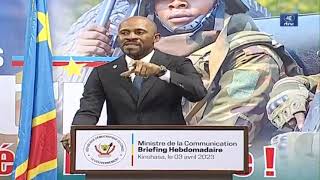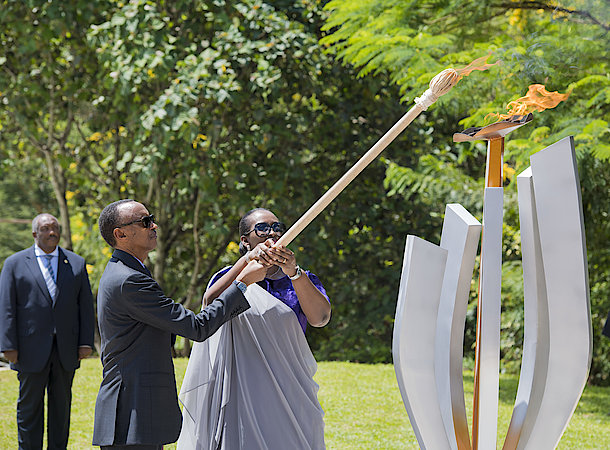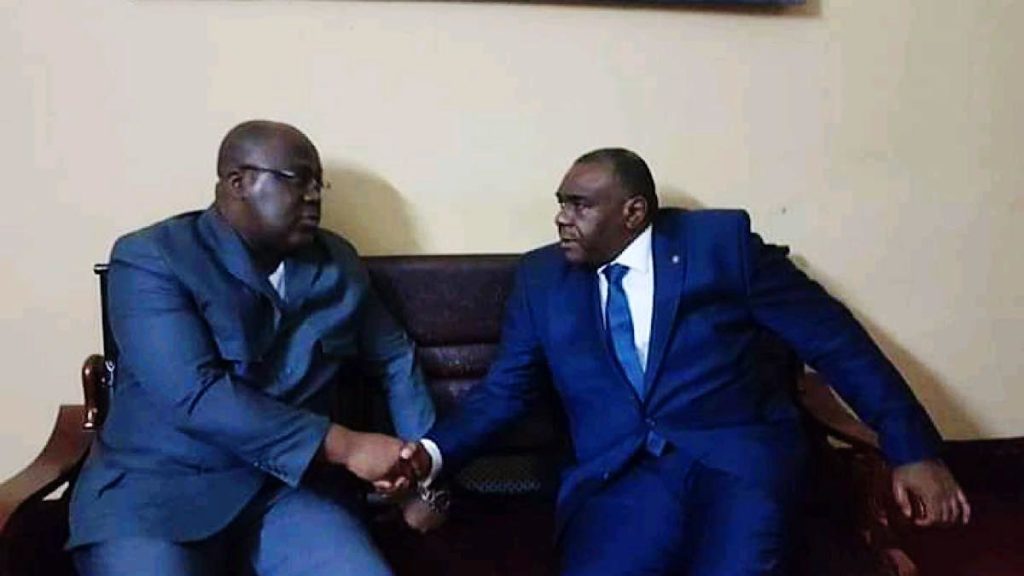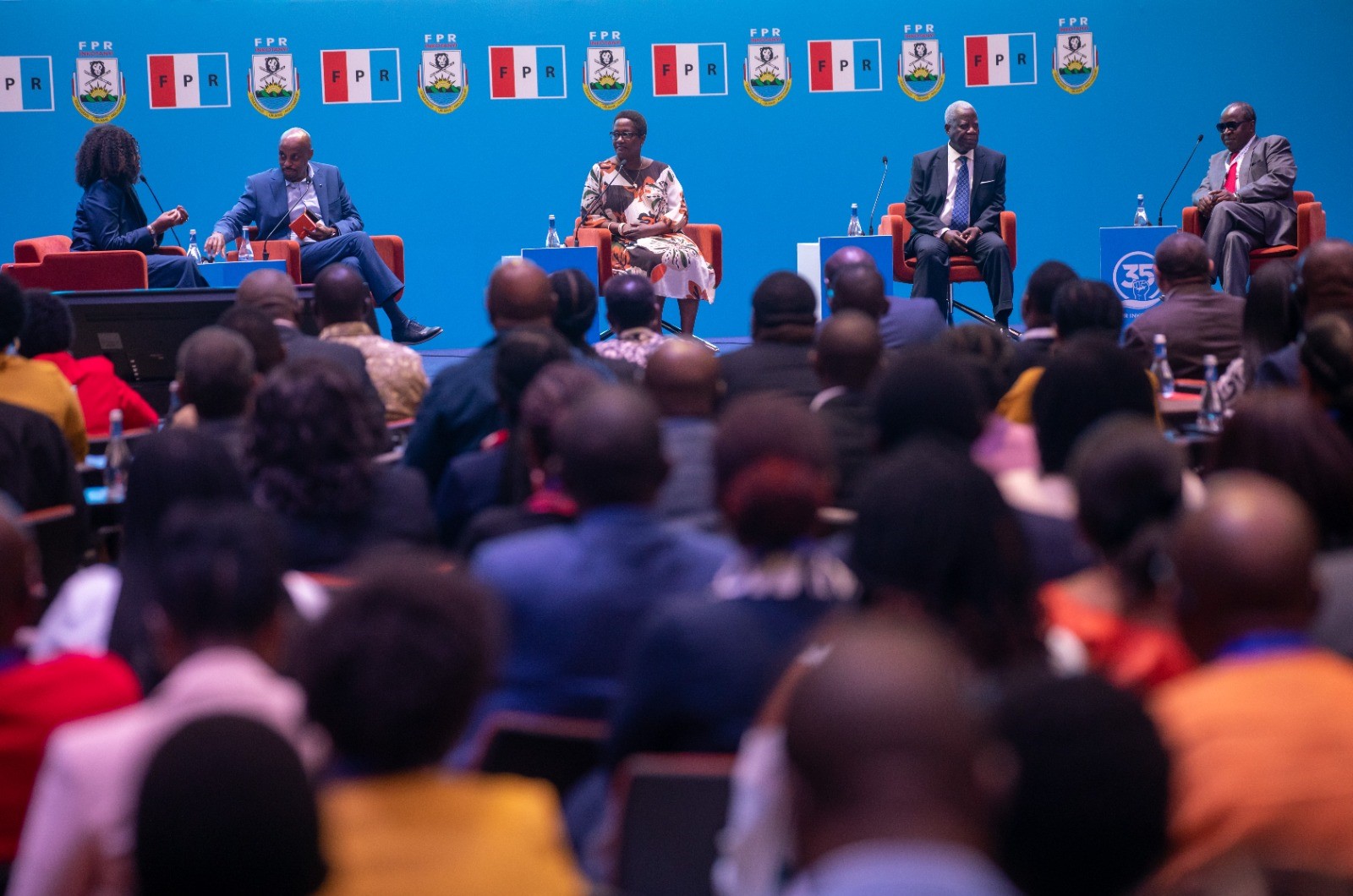Regional
Inside Tshisekedi’s cabinet reshuffle
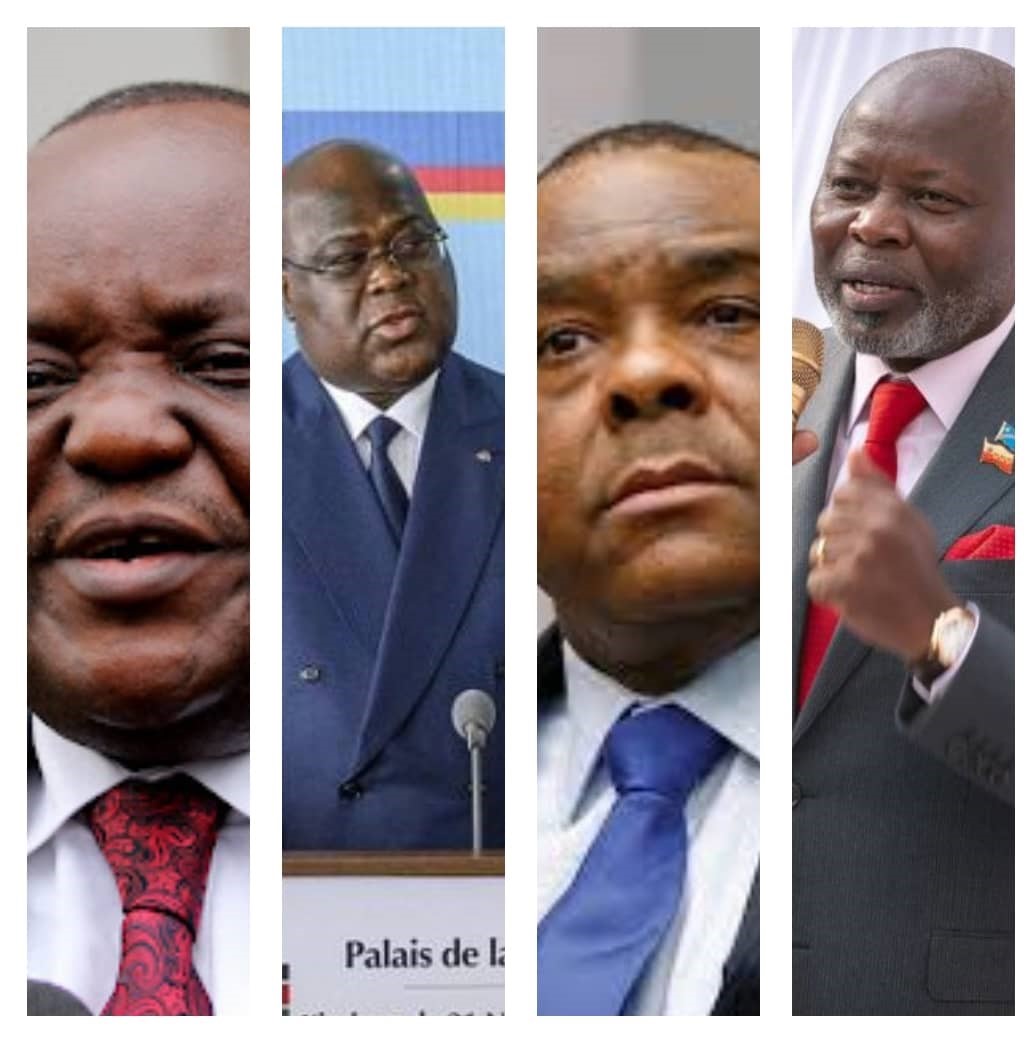
In
March, the Democratic Republic of the Congo’s President Felix Tshisekedi
appointed the country’s former vice president Jean-Pierre Bemba, who was
imprisoned for more than 10 years for war crimes, as defence minister in a
sweeping, and somewhat surprising, government reshuffle.
His
appointment was part of an overhaul of the 57 member-cabinet, which the
president’s spokesperson said was “urgent and necessary”, in an announcement on
national television but no further details were given.
The
reshuffle, which was more extensive than observers had predicted, came just
months before a presidential election on December 20, in which
Tshisekedi is determined to seek a second term. Analysts are not wrong when
they say the overhaul of the DRC’s 57-member-cabinet just months before the
election is a ‘deeply political shuffle’.
Bemba’s
appointment and cabinet reshuffle by
Tshisekedi, close to elections, is largely aimed at tightening his grip on
power.
Tshisekedi
also appointed former Chief of Staff, Vital Kamerhe, as Minister of Economy. Kamerhe was in 2020 sentenced to 20 years in prison
for embezzling around $50 million. He was
accused of misappropriating funds allocated to the construction of houses for
the military and police, which was part of a programme implemented by
Tshisekedi.
Kamerhe was a right-hand man of Tshisekedi between 2018 and
2019. In June 2021, his 20-year sentence was reduced to 13 years in prison, on
appeal.
He was granted provisional release in December 2021,
The
big question here is; what lies behind Tshisekedi’s appointment of Bemba and
Kamerhe?
How it all started
Having
been declared the winner of a contested election in December 2018, Tshisekedi’s
Cap pour le Changement (CACH) party sealed a governing alliance with his
powerful predecessor, Joseph Kabila’s Front commune pour le Congo (FCC).
But
the arrangement did not work in the President’s favour.
It
resulted in pro-Kabila allies occupying two-thirds of cabinet positions and
limiting Tshisekedi’s ability to govern.
Tshisekedi
announced the dissolution of the alliance in December 2020. When he facilitated
a vote of no confidence in the Prime Minister, Sylvestre Ilunga Ilunkamba
(Kabila’s ally) in January 2021, Tshisekedi took another step in his strategy
to reshape parliamentary support in his favour and reduce Kabila’s influence.
At
the beginning, Tshisekedi hoped he could count on the support of opposition
heavyweights: Möise Katumbi and Jean-Pierre Bemba, with whom he intended to
build a new ‘Sacred Union’ majority.
When
this didn’t happen, Tshisekedi ran back to his drawing board and started
maneuvers in preparation for the 2023 elections.
While
Tshisekedi has had some early successes, the aims and make-up of the Sacred Union
are still unclear. The people that he courted eventually divorced him before
the marriage happened. It’s concerning that the exercise resembles the
country’s past power-sharing arrangements, whose record is poor, when it comes
to delivering democracy, stability and good governance.
Before
Ilunkamba’s removal, the dismissal of National Assembly speaker, Jeanine
Mabunda, just a few days after Tshisekedi’s speech in December 2021, showed the
president’s determination to break up the alliance.
He
weighed in heavily on all the initiatives that followed to consolidate his
power base. This includes appointing a provisional bureau led by Mboso N’kodia
Mpwanga to conduct current business until the election of a new speaker in
Parliament.
Mboso
is a veteran of Mobutu Sese Seko’s regime, a former FCC member and currently
the most senior Member of Parliament in the National Assembly.
The
president won over 200 of the 367 pro-Kabila MPs, who agreed openly and in
writing to support his actions.
As
he gained the upper hand, the balance of power swiftly changing and slipping
from his hand, Tshisekedi thought dumping Kabila’s men was to work for him but
it was instead going to backfire.
When
he appointed Senator Modeste Bahati Lukwebo to serve as the ‘informateur’
charged with identifying members of a new majority in the National Assembly,
the formalization of the process was set in motion. Lukwebo is leader of the
Alliance Démocratique du Congo et Alliés, and an FCC dissident.
This
was the most delicate part of his plan to capture a new majority in Parliament.
A constitutional court decision lifting the floor-crossing ban on MPs provided
the legal basis for the exercise.
Lukwebo
had just made official the identified new majority composed of 391 MPs. It
comprises a wide range of individuals from various political parties. They are
all part of the Sacred Union bloc but lack a shared vision, commitment and
focus – apart from weakening Kabila’s control or preserving their positions.
More
importantly, it was not clear what this new majority could achieve in
Tshisekedi’s remaining days in office.
The
content and objectives of the Sacred Union lack clarity and politically severe
differences are evident between Tshisekedi and some of his major allies,
including Bemba.
Politicians
in the DRC are no strangers to opportunism and sabotage, and the presence of
hardliners such as Lambert Mende Omalanga, former communications Minister, and
Ilunkamba, heightened suspicions.
The
allocation of government positions before the appointment of the new cabinet is
also at the root of the disagreements.
Tshisekedi’s
actions to lift the country out of chronic political crisis and insecurity
failed. He is now maneuvering. His recent appointments signal desperation.
He
is trying to create a false impression that his government is all inclusive,
whereas the fact is that many key positions are filled with his Luba tribesmen.
Bemba
comes from Equateur province while Kamerhe hails from Bukavu in eastern DRC. Tshisekedi
also hopes that by bringing Bemba close, MLC can help him to fight against M23.
Will
Tshisekedi’s maneuvers or tactics work? No.


.jpeg-20221214055432000000.jpeg)
